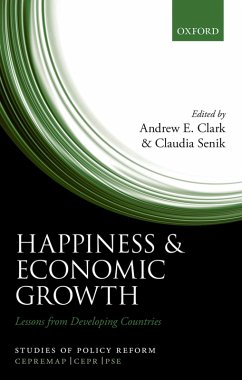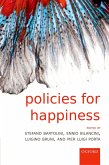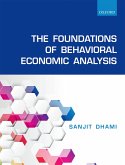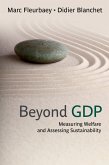This volume, arising from a PSE-CEPREMAP-DIMeco conference, includes contributions by the some of the best-known researchers in happiness economics and development economics, including Richard Easterlin, who gave his name to the 'Easterlin paradox' that GDP growth does not improve happiness over the long run. Many chapters underline the difficulty of increasing well-being in developing countries, including China, even in the presence of sustained income growth. This is notably due to the importance of income comparisons to others, adaptation (so that we get used to higher income), and the growing inequality of income. In particular, rank in the local income distribution is shown to be important, creating a beggar-thy-neighbour effect in happiness. Wealth comparisons in China are exacerbated by the gender imbalance, as the competition for brides creates a striking phenomenon of conspicuous consumption on the housing market. Policy has to be aware of these effects. This applies in particular to those who try to use self-reported subjective well-being in order to generate a 'social subjective poverty line', which is a key issue in developing countries. However, the news is not only bad from the point of view of developing countries. One piece of good news is that GDP growth often seems to go hand-in-hand with lower happiness inequality, and thereby reduces the risk of extreme unhappiness.
Dieser Download kann aus rechtlichen Gründen nur mit Rechnungsadresse in A, B, BG, CY, CZ, D, DK, EW, E, FIN, F, GR, HR, H, IRL, I, LT, L, LR, M, NL, PL, P, R, S, SLO, SK ausgeliefert werden.









